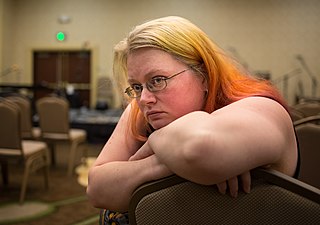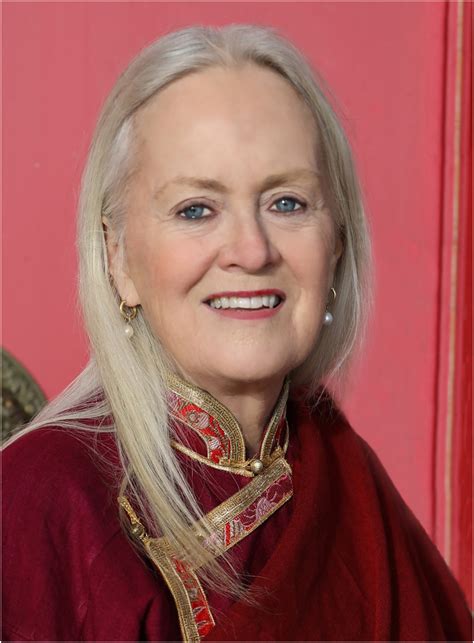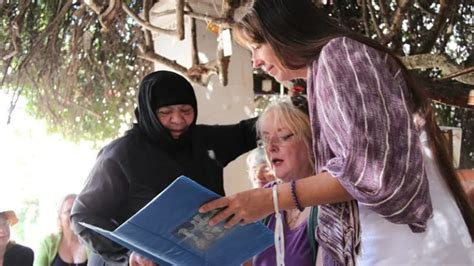A Quote by Mira Grant
Pronouns are only useful when you combine them with other words. I have a few I can give you, if you're at a loss.
Related Quotes
All people in the world - who are not hermits or mutes - speak words. They speak different languages, but they speak words. They say, "How are you" or "I'm not feeling well" all over the world. These common words - these common elements that we have between us - the writer has to take some verbs and nouns and pronouns and adjectives and adverbs and arrange them in a way that sound fresh.
If we are demoralized, sad and only complain, we’ll not solve our problems. If we only pray for a solution, we’ll not solve our problems. We need to face them, to deal with them without violence, but with confidence - and never give up. If you adopt a non-violent approach, but are also hesitant within, you’ll not succeed. You have to have confidence and keep up your efforts - in other words, never give up.
In the ninth and tenth centuries the Vikings invaded Britain from Scandinavia and settled in large numbers. Their language, which we call Old Norse, was at least partly comprehensible to the English, who did not hesitate to take over hundreds of words from it: skirt, window, scrub, sky, give, hit, kick, scatter, scrape, skill, scowl, score, fellow, want, skin, knife, law, happy, ugly, wrong and even the pronouns they and them.
How far does one combine resistance to over-control with social justice, i.e. tolerable living for people in general? We are too selfish to be trusted, if left free, to give away enough to make people comfortable enough to give them a chance. Yet if all this is ordered for us, as to some extent it has to be, it so soon leads to tyranny. It is a very difficult problem. If only human beings had more pity, unselfishness, and justice and didn't need coercion to treat each other decently.
The English language lacks the words 'to mourn an absence.' For the loss of a parent, grandparent, spouse, child or friend we have all manner of words and phrases, some helpful, some not. Still, we are conditioned to say something, even if it is only 'I am sorry for your loss.' But for an absence, for someone who was never there at all, we are wordless to capture that particular emptiness. For those who deeply want children and are denied them, those missing babies hover like silent, ephemeral shadows over their lives. Who can describe the feel of a tiny hand that is never held?
Beyond Words is an exceptionally useful and inspiring digest of Dzogchen (Great Perfection) teachings and the teachers associated with them. The ancient prediction that Dzogchen would benefit many during these degenerate times, makes this comprehensive introduction especially relevant. The authors have made these profound teachings accessible and Beyond Words will be useful to both inexperienced and seasoned readers.
I want you to understand the words. I want you taste the words. I want you to love the words. Because the words are important. But they're only words. You leave them on the paper and you take the thoughts and put them into your mind and then you as an actor recreate them, as if the thoughts had suddenly occurred to you.

































